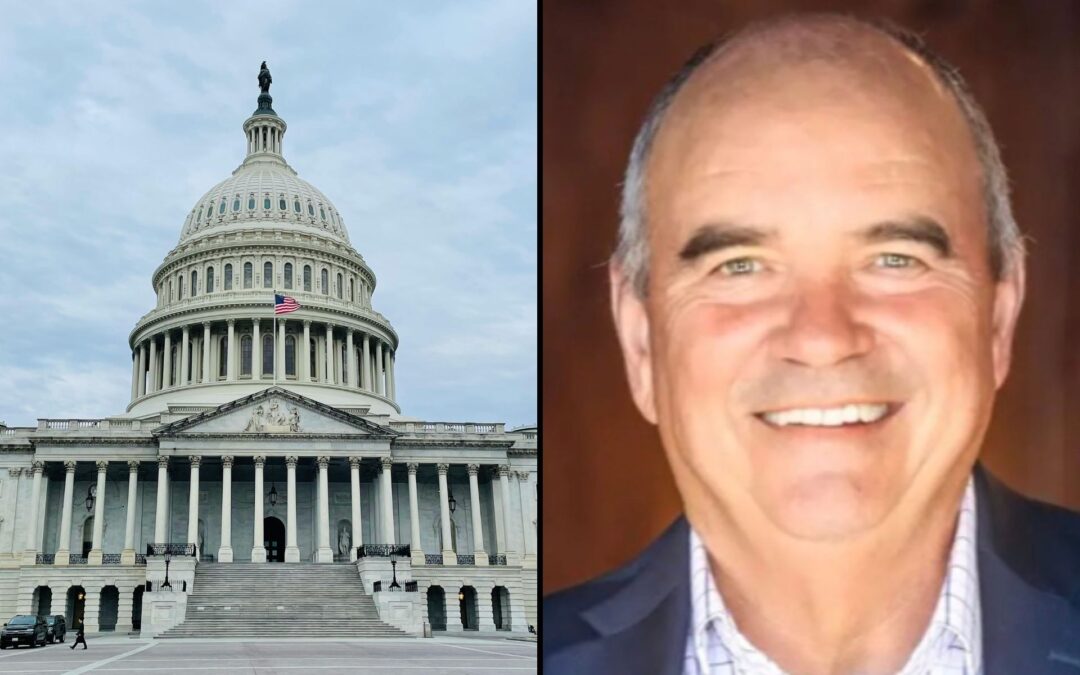Dear Speaker Johnson, Leader Schumer, Leader Jeffries, and Leader McConnell:
The Skills First Coalition, a consortium of employers and innovative education providers advocating to advance policies that invest in and strengthen the alignment between education and skills training for in-demand jobs, is writing today to express our strong support for the bipartisan, bicameral, “A Stronger Workforce for America Act,” and urges its swift passage.
As a Coalition, we have consistently called on Congress to modernize the Workforce Innovation and Opportunity Act to advance a skills-based economy, expand and prioritize employer-led training, and support high-quality outcomes with high-quality data. America’s learners, workers, and employers must have access to education and workforce development that keeps pace with technological advancements, is accountable for outcomes, is flexible in its delivery, and is innovative in its offerings of high-quality learning.
A Stronger Workforce for America Act takes significant steps to provide more direct reskilling and upskilling to American workers. Specifically, we support the following provisions that create more opportunities for workers and improve America’s competitive advantage on the global stage:
• Directing no less than 50% of funds toward workforce skills education, ensuring our workforce system focuses on its primary goal of providing learners with in-demand occupational skills needed to compete in today’s labor market.
• Promoting employer-led learning models, better linking education to work.
• Incentivizing states to expand the adoption of skills-based hiring and learning that reward an individual’s competencies, knowledge, and prior work experience.
• Increasing the cap on incumbent worker training, helping our current workforce to reskill and upskill so they can remain competitive.
• Including digital literacy as a foundational skill to better align with an ever-changing economy.
• Encouraging states to streamline access to the Eligible Training Provider List and offer reciprocity among each other to ensure more individuals access high-quality education providers.
• Promoting better access to centralized data tools, including state wage records and the National Directory of New Hires, to measure outcomes consistently, reliably, accurately, and in real-time.
• Allowing high-quality in-person, online, and hybrid learning models that individuals can access in a variety of flexible and innovative ways.
We commend this bipartisan, bicameral agreement and urge its final passage.
Sincerely,
The Skills First Coalition





Recent Comments